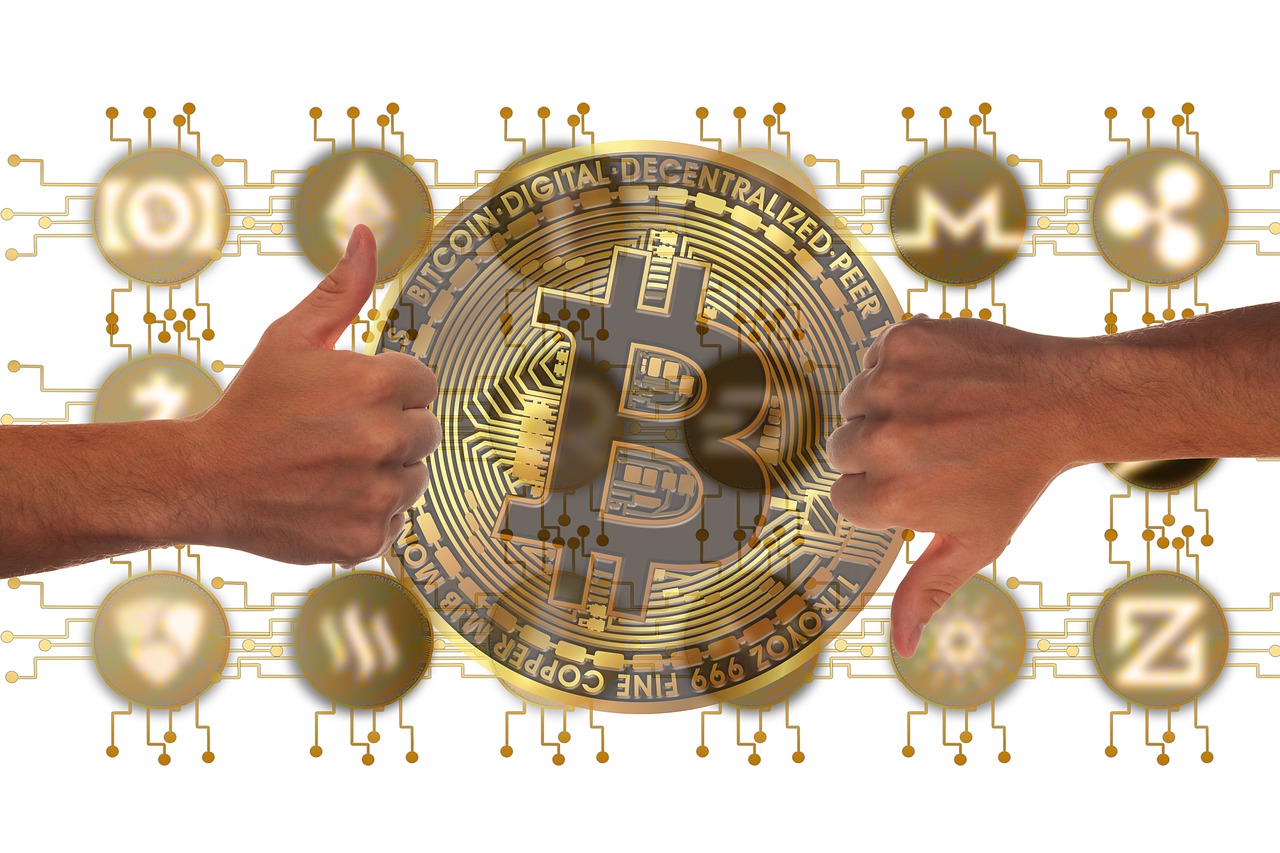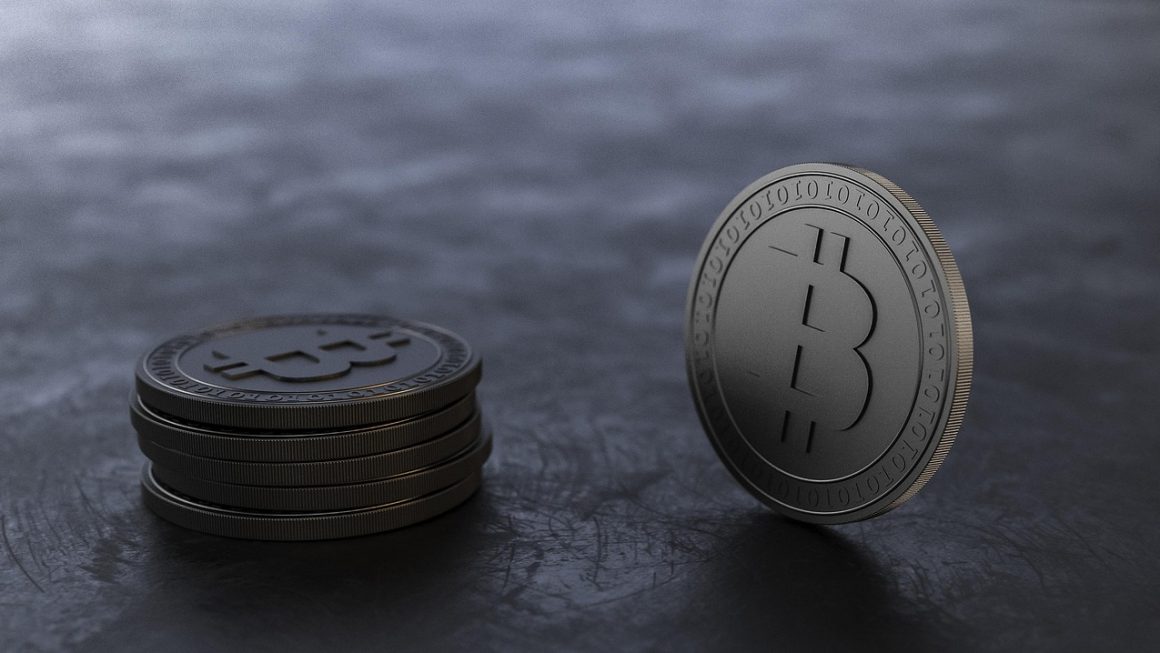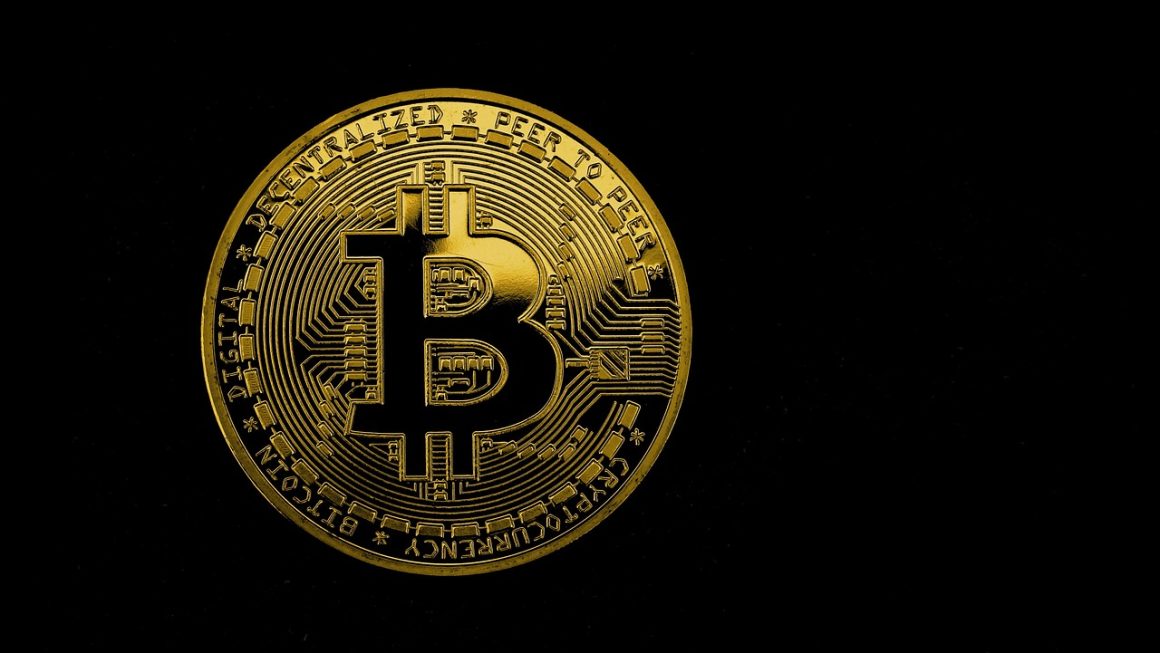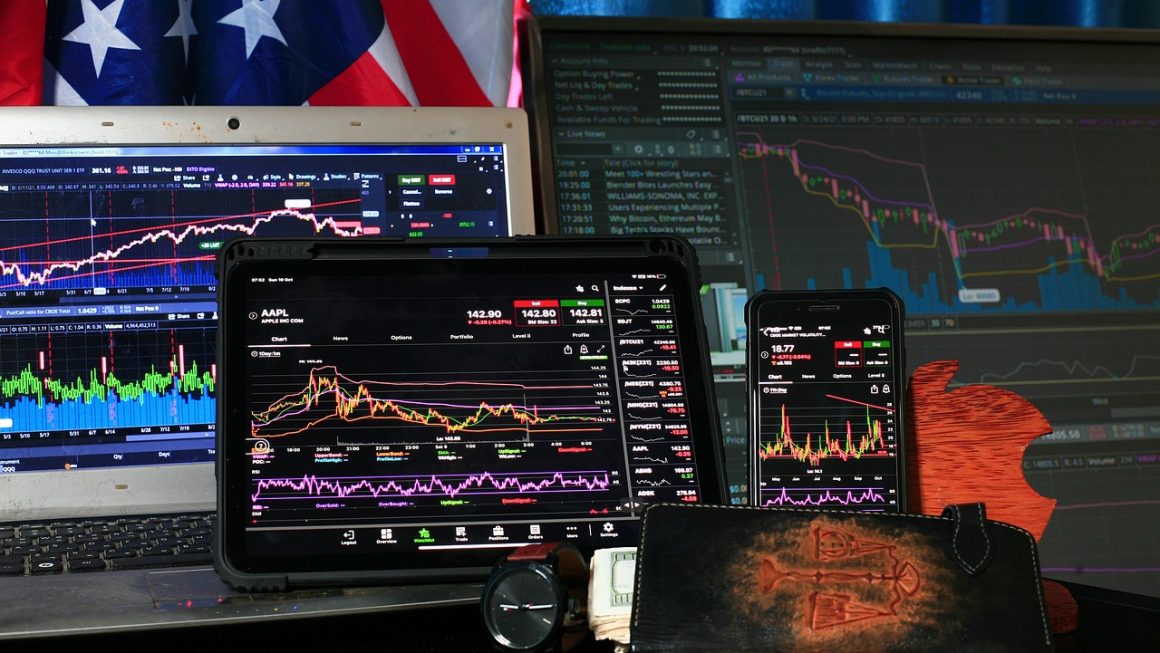Tokenization: The Key to Unlocking Value from Digital Assets
In the ever-evolving digital landscape, tokenization is emerging as a powerful tool for unlocking value from various assets. This innovative technology has the potential to transform industries, offering a multitude of benefits. This guide will provide a comprehensive overview of tokenization, exploring its key aspects and transformative applications.
What is Tokenization?
Tokenization involves the creation of digital tokens that represent ownership or access rights to underlying assets. These tokens can be stored on a blockchain, ensuring their security and immutability. By tokenizing assets, they become more liquid and accessible to a wider range of investors.
Benefits of Tokenization
- Increased liquidity: Tokens facilitate easy trading and exchange, enhancing the liquidity of previously illiquid assets.
- Fractional ownership: Tokenization allows assets to be divided into smaller units, enabling fractional ownership and broader market participation.
- Transparency and security: Blockchain technology provides a transparent and secure record of token ownership, reducing fraud and increasing trust.
- Reduced transaction costs: Tokens eliminate intermediaries and simplify transactions, significantly lowering transaction costs.
Types of Tokenized Assets
Tokenization can be applied to a wide range of assets, including:
- Real estate: Fractional ownership and investment in properties.
- Art and collectibles: Digital representation and trading of physical art and collectibles.
- Commodities: Tokenization of commodities such as gold, silver, and oil for greater accessibility.
- Intellectual property: Patents, trademarks, and copyrights can be tokenized to facilitate licensing and revenue generation.
Tokenization in Action
- Real Estate Tokenization: Real estate investment trusts (REITs) are issuing tokenized shares, providing fractional ownership and liquidity in the real estate market.
- Art Tokenization: Platforms like Maecenas allow investors to purchase fractional ownership of famous artworks through digital tokens.
- Commodity Tokenization: Companies like Digix Global tokenized gold, enabling individuals to invest in physical gold without the need for physical storage.
Considerations for Tokenization
- Regulatory Framework: Tokenization regulations vary across jurisdictions, so it’s crucial to stay informed about applicable laws.
- Technology Infrastructure: Tokenization requires robust technology infrastructure to ensure secure and efficient asset management.
- Market Liquidity: Successful tokenization depends on sufficient market liquidity for tokens to be traded and valued effectively.
- Security and Compliance: Strong security measures and compliance with regulations are essential to protect investors and ensure the integrity of tokenized assets.
Conclusion
Tokenization is a transformative technology that has the potential to revolutionize asset ownership, liquidity, and accessibility. By digitizing and securing assets using blockchain technology, tokenization offers numerous benefits, including increased liquidity, fractional ownership, enhanced transparency, and reduced transaction costs. As the technology evolves and regulations mature, tokenization is poised to play a vital role in unlocking value from a wide range of assets, opening up new investment opportunities and fostering innovation across industries.




